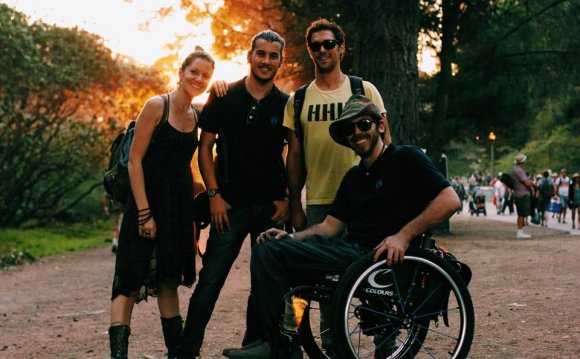
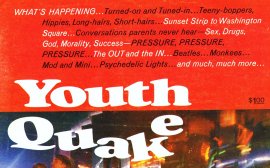 The dawning age of America's great rock festivals was legendary both for its music and its massive crowds. But a different kind of legacy could be its greatest.
The dawning age of America's great rock festivals was legendary both for its music and its massive crowds. But a different kind of legacy could be its greatest.
Crowd huddled against the cold at the Palm Beach Pop Festival, November 1969.
Photo © Bob Davidoff / oldrockphoto.com.
When the Rolling Stones took to the stage one windy November night in Palm Beach, Florida, in 1969, it's doubtful their audience had any thoughts of politics or cultural change.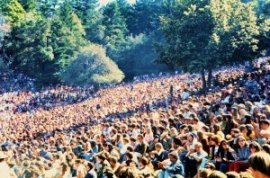 We were just a crowd at a rock festival who had endured a downpour the previous day and now braved the bone-chilling cold front that had rolled through. It was hours after midnight and we had waited a long time for this moment. We were simply die-hard music fans, huddled together, buzzed and ready to rock. As dawn later broke and we began to drag ourselves back down the highways to our ordinary lives, we gave no thought to whether we were taking anything with us besides all that magnificent music ringing in our ears. Nor did we wonder if we were leaving anything in our wake besides our footprints in the mud. Now, upon reflection...
We were just a crowd at a rock festival who had endured a downpour the previous day and now braved the bone-chilling cold front that had rolled through. It was hours after midnight and we had waited a long time for this moment. We were simply die-hard music fans, huddled together, buzzed and ready to rock. As dawn later broke and we began to drag ourselves back down the highways to our ordinary lives, we gave no thought to whether we were taking anything with us besides all that magnificent music ringing in our ears. Nor did we wonder if we were leaving anything in our wake besides our footprints in the mud. Now, upon reflection...
For the last several decades it has been argued that, in the 1960s - or, more accurately, the period roughly between 1963 and 1975 - a cultural revolution of historic importance took place in America. Although the scale of its significance can be debated, it is indisputable that, during those years, some of the most deeply-rooted pillars of America's staid social structure of the time were shaken, and either rearranged, removed or rebuilt. In any case, the status quo was irrevocably altered and a 'counter culture' began to emerge.
As this disruption and renovation occurred, it involved events that were sometimes thrilling, sometimes frightening, and very often unsettling to one group or another. It proceeded on many fronts at the same time and embraced a wide spectrum of social issues. These included the struggles for civil rights and women's liberation; the sexual revolution; environmentalism; protests against the Vietnam war, the draft and nuclear weapons; countless skirmishes for greater freedom of speech and self-expression, including fashion and personal appearance; the emergence of new and experimental art forms and cinema, and an avalanche of new music; the search for alternative routes to spiritual enlightenment; experimentation with mind-altering drugs and entirely new lifestyles; and the beginnings of the gay rights movement.
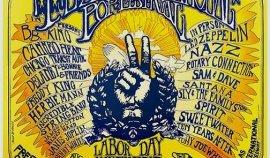
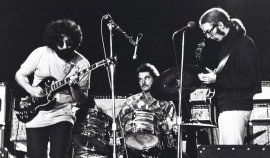
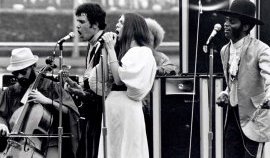
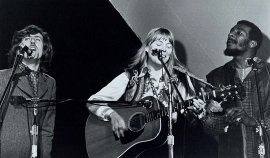
RELATED VIDEO
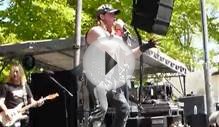
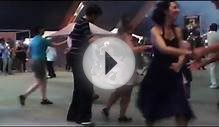
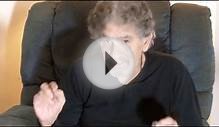

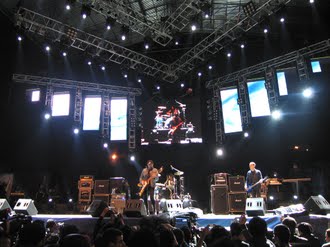 Rock al Parque, is a rock music festival taking place in Bogotá, Colombia, since 1995. The festival's entry is free of charge. In 2004, 400,000 people reached the event. It is considered the most important rock festival in Latin America. It has ska, punk, hardcore...
Rock al Parque, is a rock music festival taking place in Bogotá, Colombia, since 1995. The festival's entry is free of charge. In 2004, 400,000 people reached the event. It is considered the most important rock festival in Latin America. It has ska, punk, hardcore...








